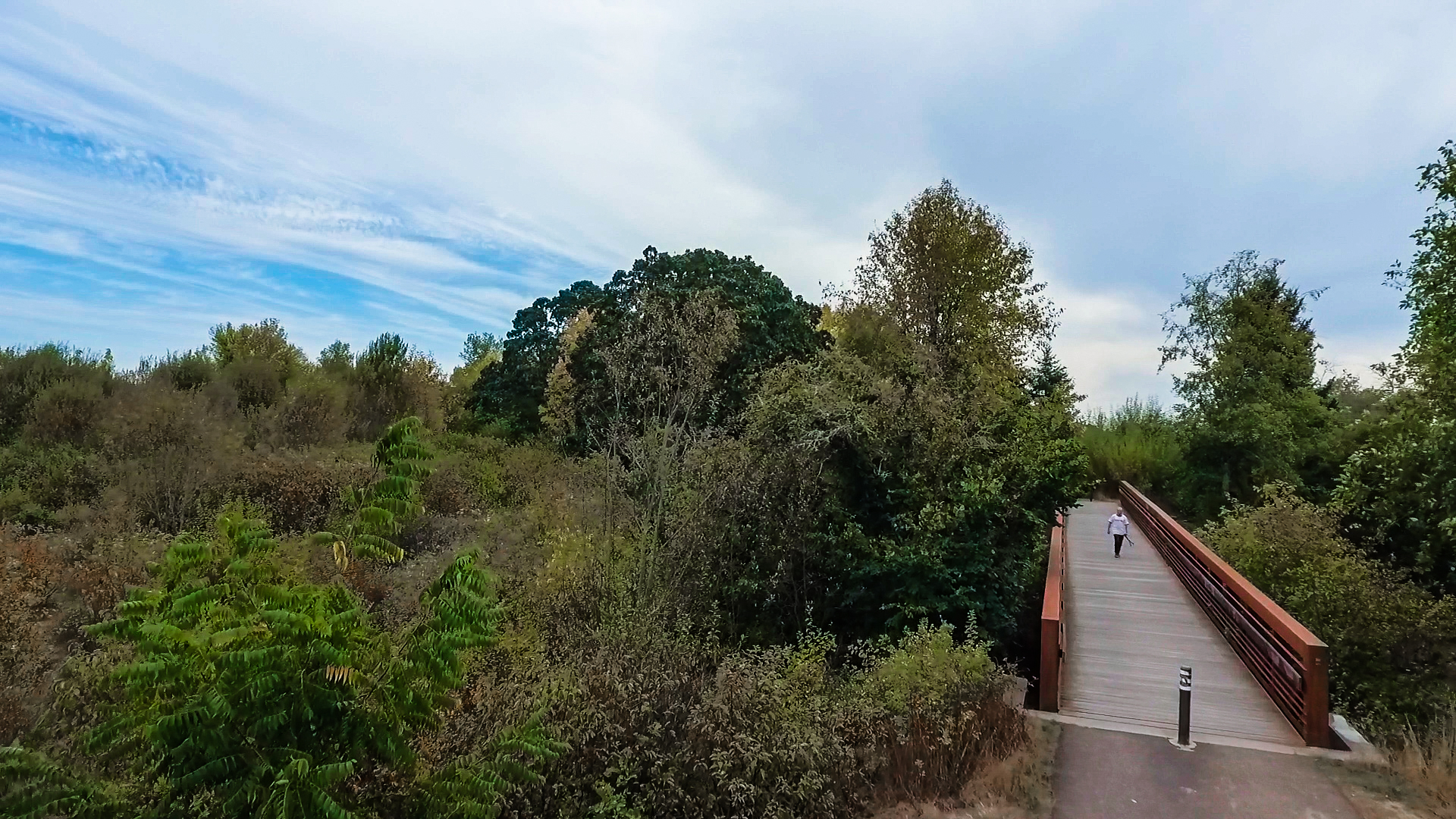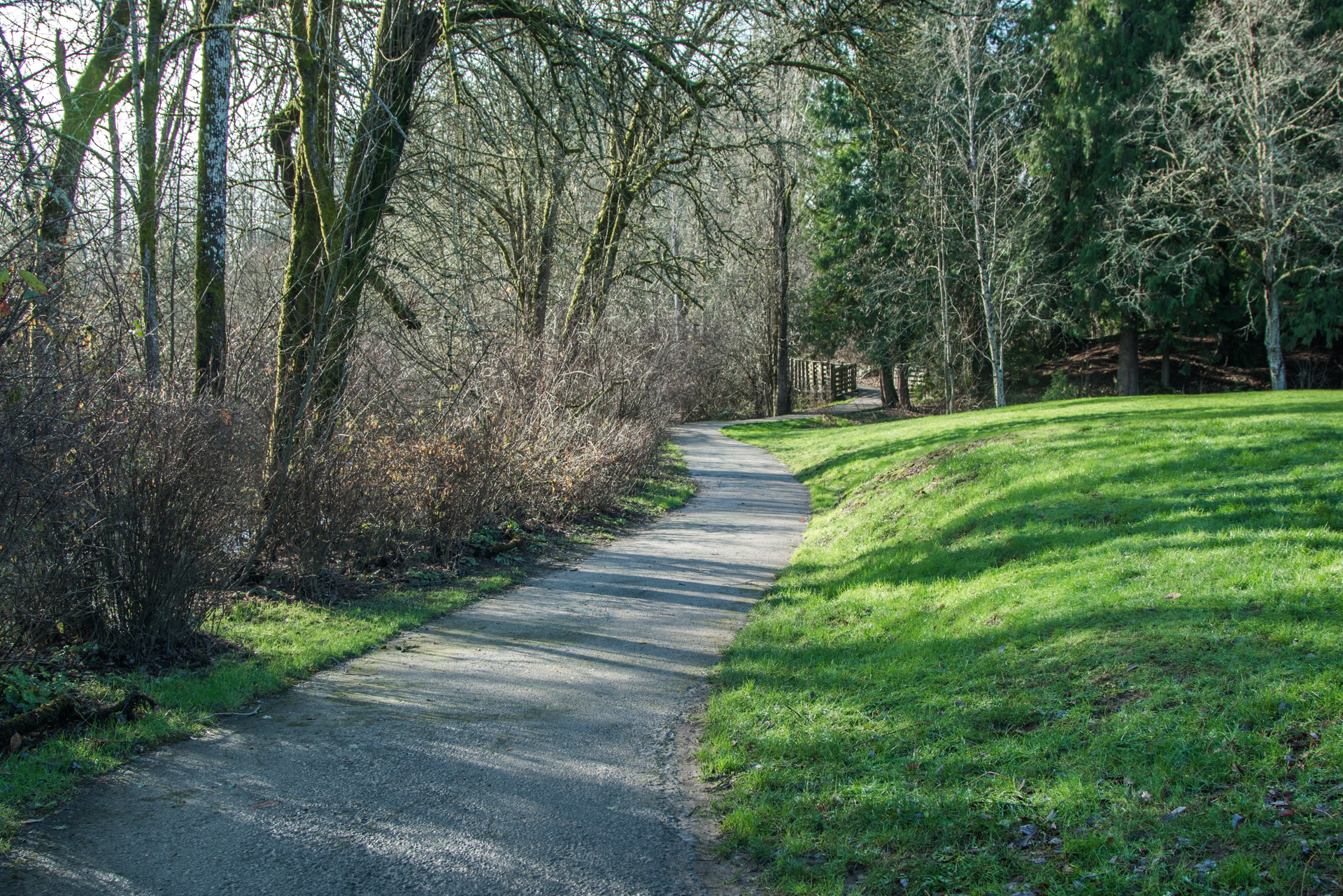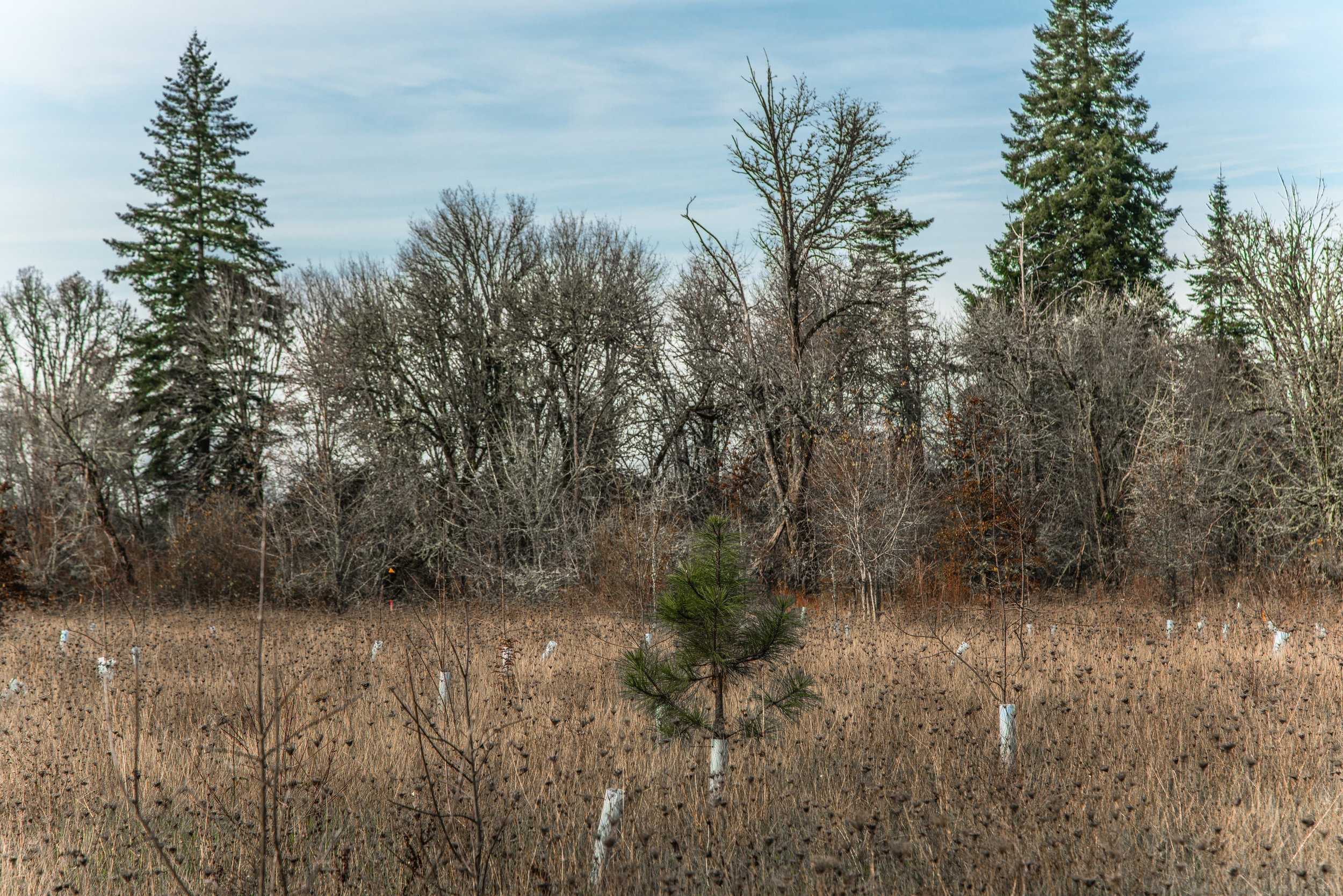We intuitively know that taking a walk in the woods or spending a few minutes by a river produces feelings of calm and wellbeing, but now there’s scientific evidence to back that up. Exposure to nature has been shown to significantly decrease stress and boost wellbeing.
Chronic stress has been associated with an increase in the risk of conditions such as obesity, heart disease, Alzheimer’s disease, diabetes, depression, and asthma. The good news is, research shows that time in nature —or even just a view of trees —can significantly relieve stress, lower blood pressure, and support wellbeing.
A 2010 study published in Environmental Health and Preventive Medicine, for example, found that participants who walked in a forest had lower blood pressure and levels of cortisol (the body’s stress hormone) afterwards than those who walked through a city environment. Luckily, you don’t need to hike in the wilderness to get these stress-busting benefits. Any green space, even a tree-filled neighborhood park, provides good medicine.
Merely having a view of nature from one’s home or office has been linked to improved wellbeing and enhanced focus. High school students in classrooms with views of trees have been shown to learn better and perform higher on tests. In the workplace, employees with a view of nature have been found to be happier, more productive, and take less sick days.
Washington County residents don’t have to look too far to find a vibrant natural area or tree-filled view. Tree for All’s landscape-scale restoration efforts have resulted in an abundance of opportunities throughout the Tualatin River Watershed to connect with nature – and that’s something we can all feel good about.
Caption Sources
Wolf, K.L., S. Krueger, and M.A. Rozance. 2014. Stress, Wellness & Physiology - A Literature Review. In: Green Cities: Good Health (www.greenhealth.washington.edu). College of the Environment, University of Washington.
Tsunetsugu, Y., B.J. Park, and Y. Miyazaki. 2010. Trends in Research Related to “Shinrin-Yoku” (Taking in the Forest Atmosphere or Forest Bathing) in Japan. Environmental Health and Preventive Medicine 15, 1:27-37.
Nedovic, S., Morrissey, A., (2013). Calm, active and focused: Children’s responses to an organic outdoor learning environment. Learning Environments Research, 16(2), 281-295.

































